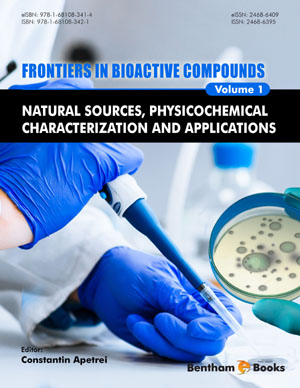Abstract
Wine contains several hundreds of compounds, most of them with impact on quality attributes and health benefices. Among these compounds, phenolic compounds play a significant role in sensory properties of wines as well as in antioxidant properties. Phenolic compounds are highly efficient compounds displaying antioxidant properties and preventing human cardiovascular diseases, also. Furthermore, the polyphenolic compounds are capable of quenching free radicals, thereby inhibiting the oxidation process of low density lipids (LDL). This effect about LDL could reduce the risk of atherosclerosis, cardiovascular diseases, heart attack, cancer, DNA degradation etc. Moderate drinking of red wine is beneficial against coronary disease and several forms of cancer. The phenolic compounds thought to be responsible are catechins and tannins. Catechins are powerful antioxidants, preventing cellular damage. Resveratrol and quercetin may improve the immune system, prevent towards heart diseases, inhibit cancer formation, and even prolong life. The amino acids are essential nutrients and have various benefits on human body such as muscle maintenance, tissue repair, and immunity. Amino acids yield biogenic amines that have allergenic or toxic effects on humans. Beneficial nitrogen compounds such as melatonin and serotonin are also found in red wines. Among vitamins, only vitamins B1, B2 and B12 are present in wines.
Keywords: Antioxidant, Catechin, Free radical, Polyphenols, Resveratrol, Wine.






















